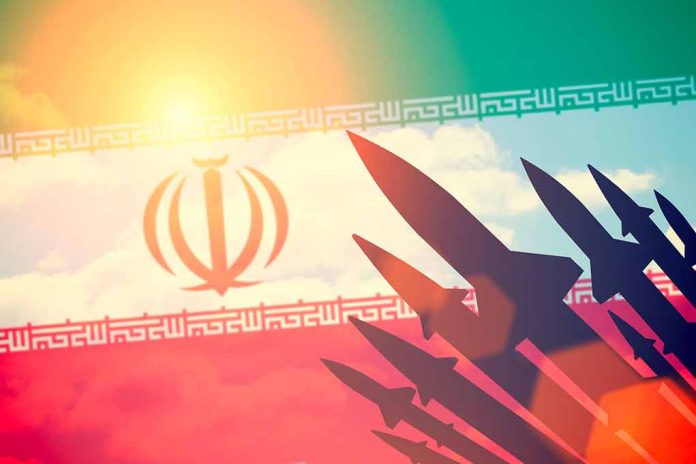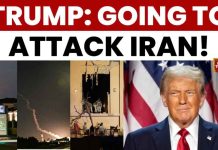
As tensions between Iran and the United States escalate, Iran’s President vehemently denies any involvement in an alleged assassination plot against Donald Trump, raising questions about international political dynamics.
At a Glance
- Iran’s President Masoud Pezeshkian denies involvement in an alleged assassination plot against Donald Trump.
- The U.S. Justice Department charges members of Iran’s intelligence apparatus with conspiracy.
- Iran accuses the U.S. of fabricating the claims to damage relations.
- Key figures in the alleged plot include Iranian Farhad Shakeri and Pakistani Asif Merchant.
Iran Denies Allegations
Iran’s President Masoud Pezeshkian strongly denied claims that his country was involved in a conspiracy to assassinate Donald Trump. Iran rejects accusations described as baseless by Iranian officials, stressing that no such plots existed. Iranian Foreign Ministry spokesperson Esmail Baghaei stated the allegations are completely unfounded, further branding them as a “repulsive conspiracy” orchestrated by anti-Iranian forces.
The U.S. Department of Justice has charged Farhad Shakeri, an Iranian national, with orchestrating plots to assassinate U.S. officials. Shakeri allegedly utilized a network developed during his prison tenure in the U.S. to carry out these actions. Charged with murder-for-hire, conspiracy, and money laundering, Shakeri is believed to be at large in Iran.
Iran’s Defense Strategy
In response to the assassination allegations, Iran indicated it would use “all legitimate and legal means” to counter these claims. Iranian Foreign Minister Seyed Abbas Araghchi dismissed the charges as a fabricated scenario, emphasizing Iran’s openness to improving relations with the United States through mutual respect and trust-building. Araghchi mentioned,
“A new scenario is fabricated. A killer does not exist in reality,” said Seyed Abbas Araghchi, Iranian Foreign Minister.
The assassination plot allegations surfaced after Donald Trump’s presidential election. This has raised concerns about U.S.-Iran relations, already strained due to Trump’s administration’s withdrawal from the Iran nuclear deal and other confrontational stances.
International Implications
Farhad Shakeri and Asif Merchant, key individuals accused in the plot, have brought to light the international implications of such allegations. The U.S. Department of Justice’s indictment on these individuals also names Iran’s IRGC, known for its role in targeting U.S. citizens and alleged interference in U.S. elections. FBI Director Christopher Wray highlighted Iran’s direct threats to U.S. national security, focusing on plots against Donald Trump and other government officials.
“The charges announced today expose Iran’s continued brazen attempts to target U.S. citizens, including President-elect Donald Trump, other government leaders and dissidents who criticize the regime in Tehran,” said FBI Director Christopher Wray.
This case underscores the delicate nature of global diplomacy in managing sensitive narratives such as political violence, with potential ramifications for international relations between the U.S. and Iran. The outcome of these allegations is sure to influence the broader geopolitical landscape, adding to the already complex U.S.-Iran diplomatic relationship.





